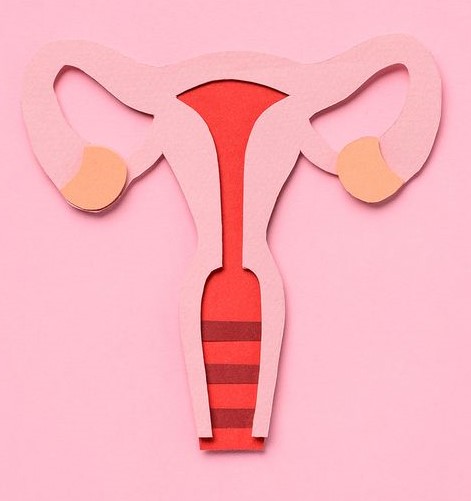Cervical Cancer : Its a type of cancer that occurs in the cells of the cervix, the lower part of the uterus. It is often caused by persistent infection with certain types of human papilloma virus (HPV). It is estimated that more than 900 people were diagnosed with cervical cancer in 2023.The average age at diagnosis is 50 years old. This cervical cancer has decreased since the National Cervical Screening Program began in 1991. And a National Human Papilloma Virus (HPV) vaccine program was introduced in 2007.
Symptoms Of Cervical Cancer: These cervical cells rarely cause symptoms. There is the only way to know the development of cells. To know about this you have a cervical screening test. If in early stage the cell changes and give these common signs then it develop to cervical cancer.
- Abnormal vaginal bleeding.
- Pelvic pain
- Pain during intercourse
- Bleeding after intercourse
- Unusual vaginal discharge or it may have a strong or unusual color or smell
Causes Of Cervical Cancer: The primary cause of cervical cancer is persistent infection with high risk types of human papilloma virus (HPV). HPV is a sexually transmitted infection and certain strains can lead to changes in cervical cells that may eventually develop into cancer. Other risk factors include :
- A weakened immune system
- Smoking
- Long term use of oral contraceptives
- A family history of cervical cancer
Treatment Of Cervical Cancer: Treatment for cervical cancer depends on the stage and extent of the disease. Common approaches include surgery, radiation therapy and chemotherapy.
- Surgery: This may involve removing the cancerous tissue or the entire uterus depending on the stage.
- Radiation Therapy: High energy rays are used to target and kill cancer cells. It can be external or internal (brachy therapy).
- Chemo Therapy: Drugs are used to kill cancer cells or stop their growth. It can be administered before or after surgery or in combination with radiation.
The choice of treatment is determined by factors like the stage of cancer, the patient’s overall health.
Ayurveda Treatment: Ayurveda a traditional system of medicine, offers holistic approaches to health. It’s essential to note that it is not a substitute for conventional medical treatments. Ayurvedic therapies may be used as complementary measures, focusing on overall well-being and supporting the body during treatment.
Some Ayurvedic practices that are often considered:
- Herbal Supplements: Certain herbs like turmeric, ashwagandha, and tulsi are believed to have anti-inflammatory and immune-boosting properties.
- Dietary Changes: Ayurveda emphasizes a balanced and nourishing diet tailored to an individual’s constitution. This may include the incorporation of specific herbs and spices.
- Yoga and Meditation: These practices can help manage stress, improve overall well-being, and support mental health during cancer treatment.

